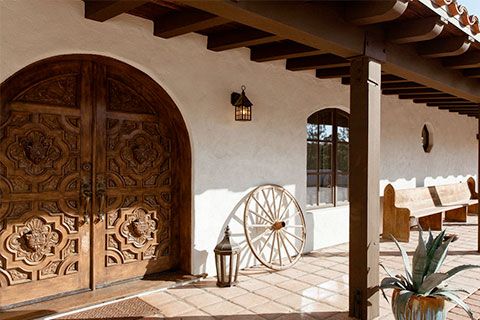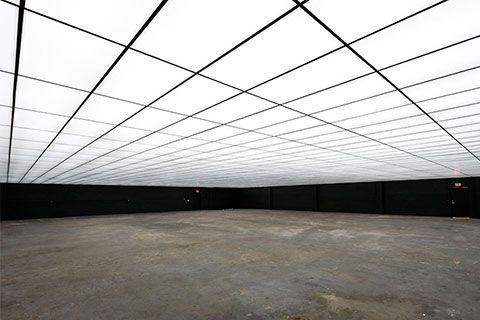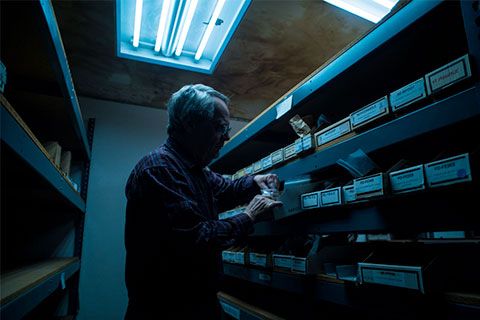How to Host a Successful Event Showcase
Guest Post by Lauren Lacava | Principal Consultant, Black & White Marketing
One of the best parts of my job is to attend showcases, famils, venue launches, menu launches and all sorts of amazing events. I go to them all (yes, I am a very lucky girl). I go to so many that sometimes they blur together. I always remember the ones that have been delivered strategically, seamlessly and with special points of difference be it the entertainment, the catering or the styling. These are the showcases that I talk about all week afterwards and share stories and pictures of to my colleagues, clients and friends. These are the suppliers that I will refer my clients to for their next event.
If you feel you cannot deliver a truly memorable showcase for one reason or another, you should not proceed with the event until you have all of your ducks in a row. Here are some great pointers to ensure a great return on your showcase investment.
Be Strategic
Be strategic. Put pen to paper and identify what your aim is for hosting a showcase, so that the objective is clear in your mind so that you can share your vision with your team and your clients. Just having a showcase because sales are slow is not enough reason to go to the expense. Some example aims are:
- To showcase your new event space to a group of event managers in order to familiarise them with your venue, catering and service
- To showcase your venue fully set and styled for a spring wedding, providing wedding enquiries with the opportunity to see the space set up as it would be for the months that they have enquired about
Rent a location for your next film or photo shoot project on Giggster – A better way to book locations.






Plan ahead
Allocate your showcases at the start of the year while you are mapping out your annual sales and marketing strategy. Certain market segments will trend towards booking their events at specific times of the year – identify these target segments so that you can be strategic in when you invite them.
Check the calendar
Compare your annual schedule of showcases with other events that are happening on that evening / week / month to ensure that there are no calendar conflicts that may result in poor attendance.
Invite the right guests
Balance your guest list to ensure that you have a great level of both qualified event buyers (you should aim to invite those guests that organise multiple events throughout the year) as well as industry partners / supporters, press and bloggers (to ensure marketing activity around your event).
Budget to impress
Create a budget and stick to it. In mapping out your yearly sales and marketing strategies, you will also outlay a budget. If you do not have enough budget to roll out an impressive showcase, look at combining forces with an industry partner that you can share the costs / workload with.
Collaborate with the best
Align yourself with suppliers that share your brand values. Don’t work with sub-par contractors for any part of your event – faulty equipment, shoddy entertainment or rude staff provided by other suppliers could all reflect badly on your showcase and your brand.
Feature your point of difference
What is your point of difference and / or value proposition? Put pen to paper and clearly identify these items and ensure this is re-laid to your team and event partners from the get go.
Don’t forget to sell
Remember, a showcase is a marketing activity and there does need to be some form of selling involved, although I believe a showcase (as opposed to a famil) should involve a soft sales approach. A simple welcome speech at the start of the event should be brief and should aim to focus your guests on your aims / value propositions and points of difference. Marketing collateral and business cards should be readily available for guests to take away with them and if budget allows, a branded corporate gift is a nice gesture to thank guests for their time.
Post event follow up – very important!
The post event follow up is critical in identifying any solid opportunities for your business. The client has already seen your product / services in action, so now is the time to ask all of the right questions about their event calendar so that you can put forward the perfect proposal. Now is the time to really start developing a relationship. The follow up phase is integral and should be actioned promptly post event via phone call and or thank you card. It is also helpful to ask guests for their feedback which you can then go over with your team in a post event debrief.

